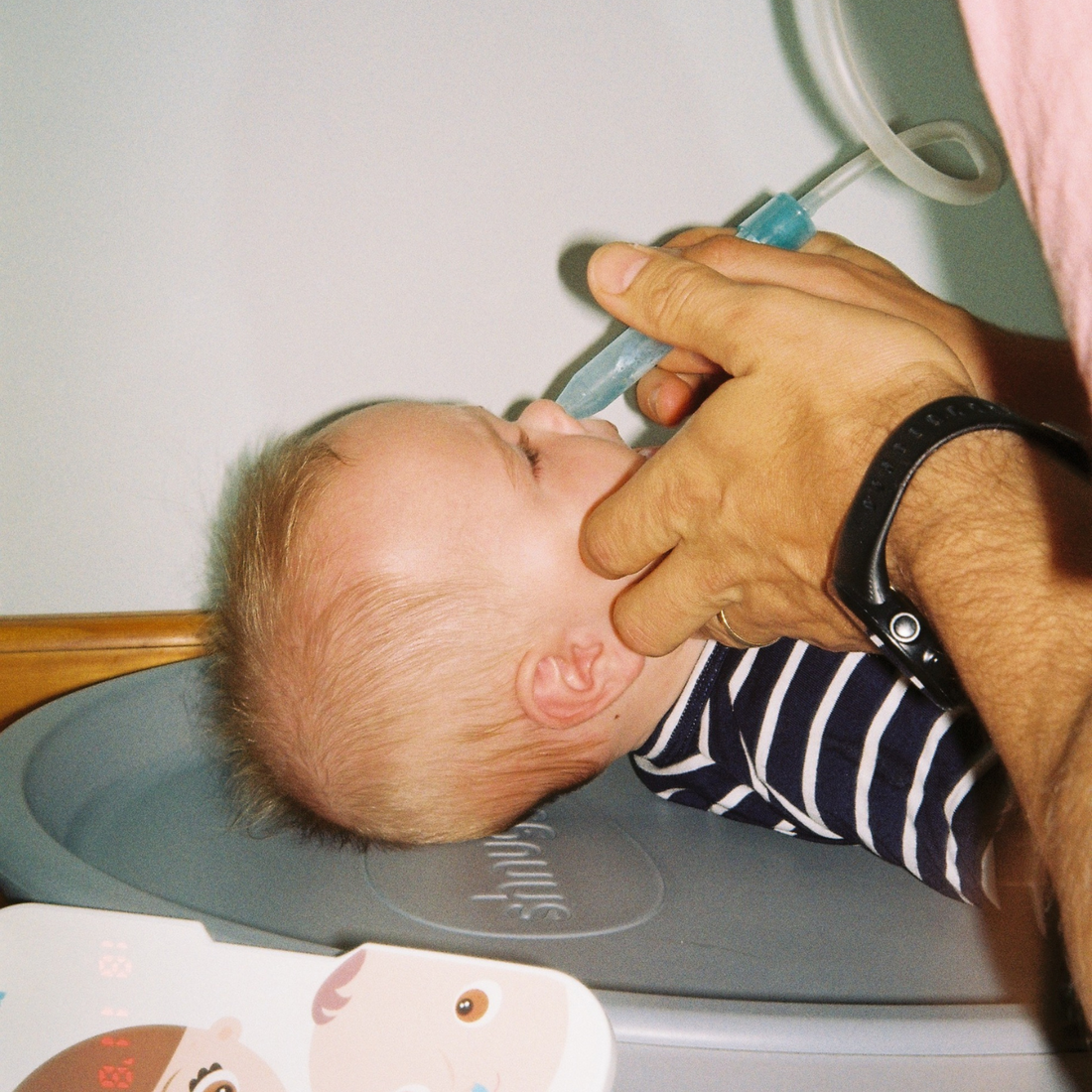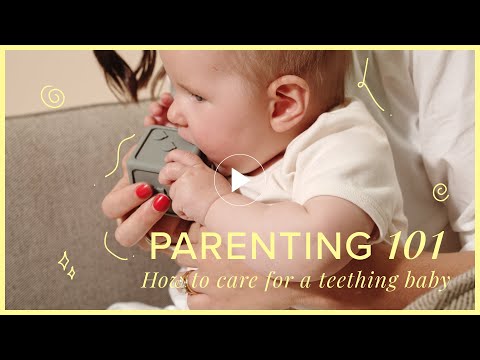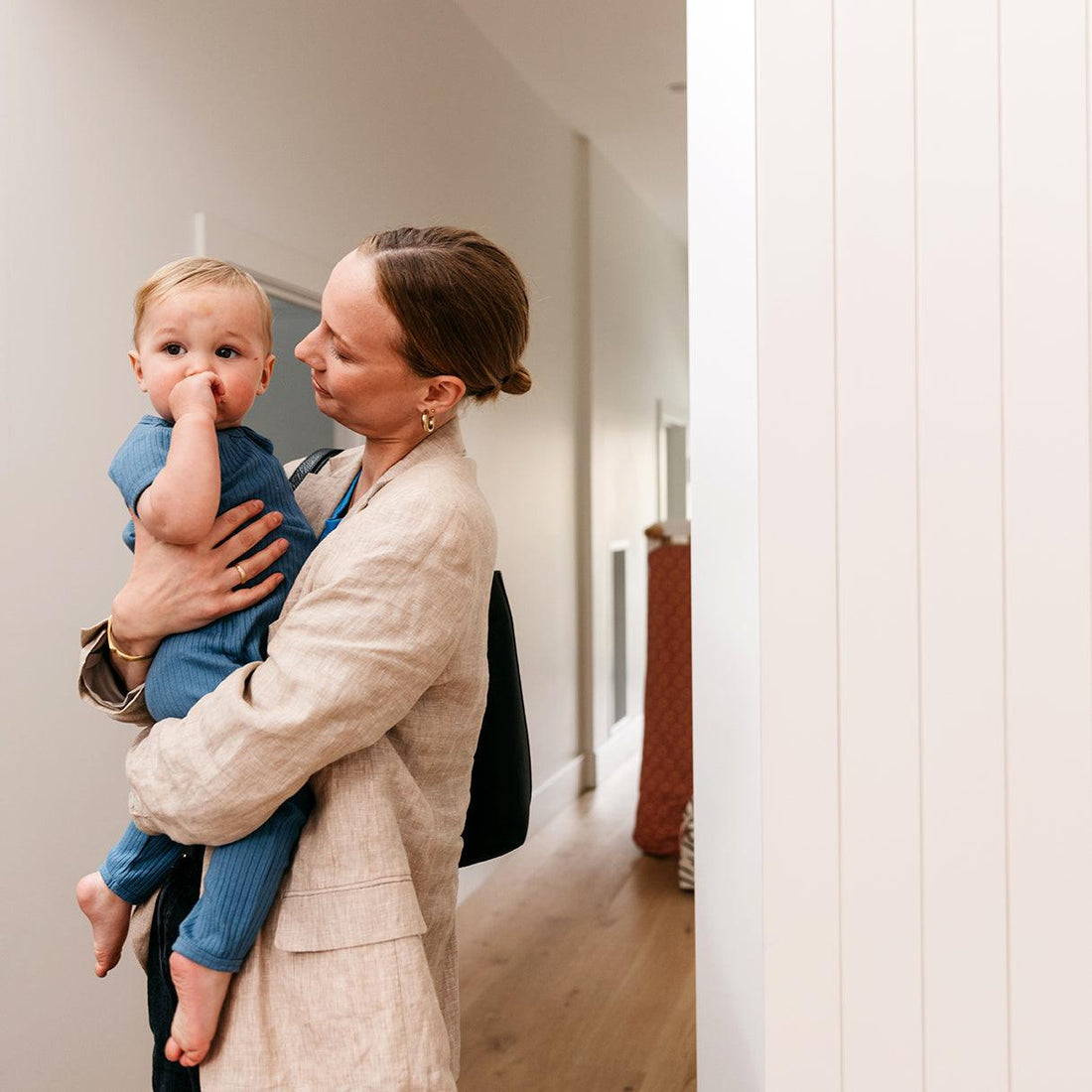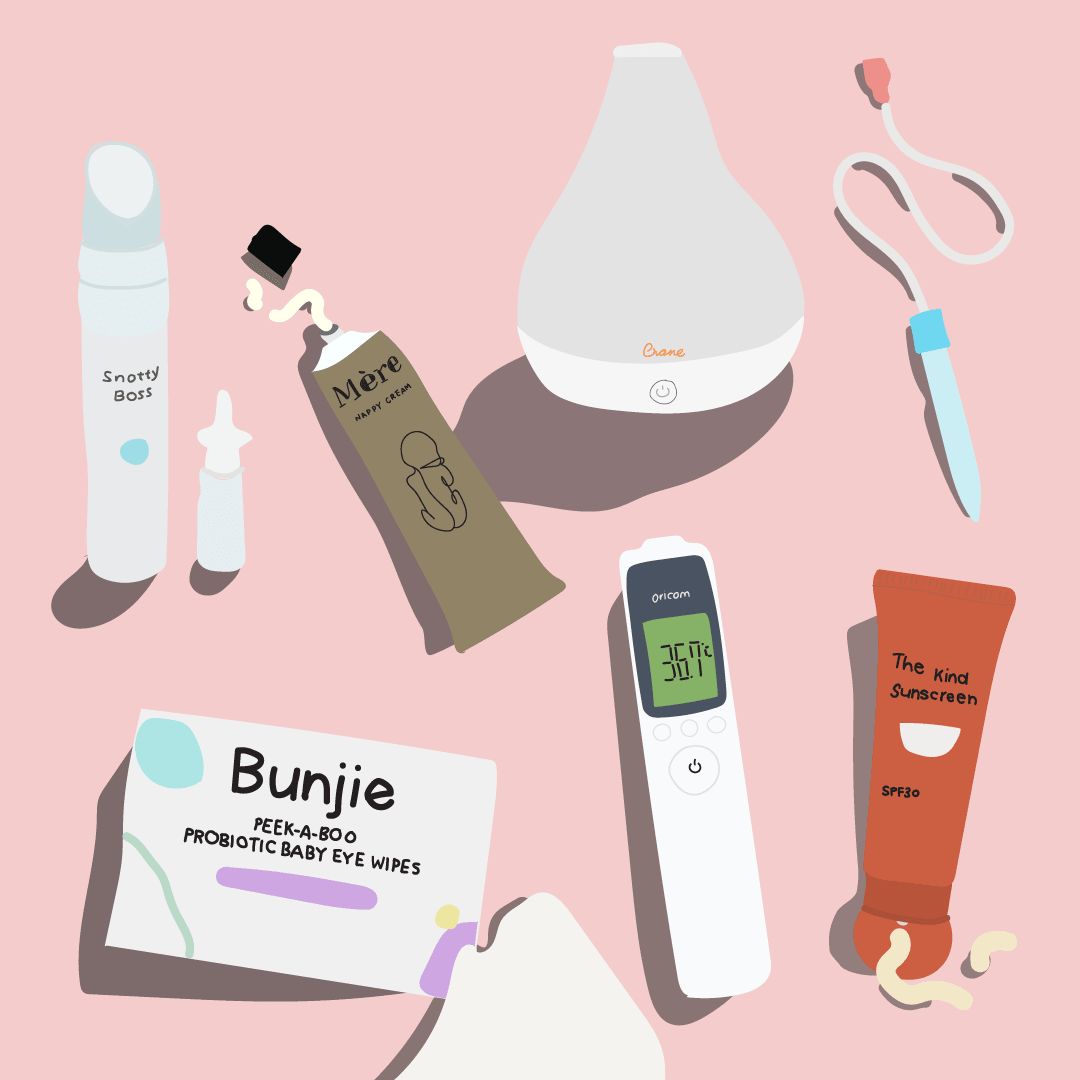

Has your baby or toddler been sick basically every other week since they started attending daycare? You’re not alone: “It’s absolutely true that most parents feel like they're on a vicious merry-go-round of illness when their children start childcare,” says Dr Golly, MD, a Melbourne-based paediatrician with three little ones of his own.
You never want your child to feel unwell, so it’s already a bummer when they come down with a nasty bug. For working parents in particular, the constant germ onslaught can also be really, really inconvenient. How are you actually meant to do your job when you’re constantly taking days off to look after a sick kid, or else scrambling to figure out backup care?
Below, why little kids tend to catch just about every virus that floats through the air when they start daycare, plus what you can do at home to try to keep them as healthy as possible.
Why are little kids so susceptible to daycare germs?
First, it’s not in your head. All kids catch viruses from time to time, but your daycare-attending tot probably is contracting more now that they’re around so many other kids every day. In a long-term Canadian study of children cared for at home versus those who attended group care before age 4 ½, the kids in daycare had higher rates of respiratory tract and ear infections in their early years. Another study from the National Institute of Child Health and Human Development in the U.S. also found that kids under 3 in daycare settings do get sick more often.
Why does this happen? For one thing, your little one’s immune system is as new as they are. “Children’s immune systems are still learning how to fight off viruses, so they catch colds more easily than adults,” Dr. Golly explains. That’s why kids are more susceptible to germs whether they’re in daycare or not.
But group care does seriously facilitate the spread of those germs. Kids are in closer contact with other littles at daycare or school, which makes it much easier for viruses to spread. (This is amplified on cold winter days, Dr. Golly notes, since children spend less time outside or inside with open windows.)
Plus, it’s no secret that babies and toddlers aren’t known for stellar hygiene. Young kids love to play on the floor and bring everything they touch directly into their mouths—then pass a toy they’ve just slobbered on to their daycare BFF.
“They aren't yet trained in simple germ-stopping behaviours like handwashing or covering their mouths with their elbows when they cough or sneeze,” Dr. Golly says. All together, this is a recipe for constant germ-sharing—which is why your child seems to be sick all the time.
What’s a “normal” amount for a baby or toddler in daycare to be getting sick?
If it feels like your tot brings a new virus home every single month, that’s actually completely normal—though no less frustrating for you. Eight to 12 upper respiratory infections a year is typical for a child in daycare. Most colds clear up in a week or so (though some can linger longer). But, Dr. Golly points out, your child can then have a residual cough for up to three weeks.
In other words? “This means that after your child’s illness and residual cough has passed it’s time for them to get sick again,” he says.
-v1719466435857.JPG?2734x1830)
4 Things You Can Do to Minimise Daycare Germs
Know that you’re not doing anything wrong if your child is getting sick monthly. “Because of the nature of childhood development and the tendency to play on the floor as well as sucking on anything and everything, it is almost impossible to minimise daycare sickness,” says Dr. Golly. But while you can’t prevent all germs from taking hold, promote resilience by making sure your kids are doing all of the following:
1. Do your best to model good hand hygiene early on.
Babies can’t wash their own hands yet, but teaching your toddler how to wash up with soap and water (for 20 seconds at least!) can go a long way towards banishing germs before they take up residence. Make it a household habit, with everyone washing their hands when your child comes home from school, before meals, after going to the toilet (or nappy changes), for example. Hand sanitizer is OK if soap and water aren’t available, according to the Australian Commission on Safety and Quality in Health Care—just supervise kids closely whenever they’re using alcohol-based cleansers to make sure none is swallowed accidentally. (And always store these up on a high shelf!)
2. Make sure your kids are up-to-date on all immunisations.
Vaccination is the easiest way to protect your kids (and the larger community) against serious diseases like measles and whooping cough that could land them in the hospital. If you’re not sure whether your child is up-to-date, check the Australian Department of Health and Aged Care’s Childhood Immunisation Schedule. And don’t forget that annual flu shot, which is free for all children 6 months to 5 years through the National Immunisation Program.
3. Encourage lots of sleep.
It’s no secret that restorative sleep is absolutely vital for your child’s health (and you probably already do everything you can to maximise your little one’s shut-eye). But when it comes to boosting your baby or toddler’s immune system, “getting plenty of sleep is arguably THE most important,” Dr. Golly says. All of us need sleep to be able to fight off infections (as well as recover more easily if we do get sick), and research has linked longer sleep duration with stronger immune markers in younger children.
Getting a perfect night’s sleep every night is impossible (after all, nothing with kids is ever predictable), but do your best to aim for the Australian Department of Health and Aged Care’s recommendations: 14 to 17 hours for newborns; 12 to 16 hours for infants 4 to 11 months; 11 to 14 hours for toddlers 1 to 2 years; and 10 to 13 hours to preschoolers 3 to 5 years.
4. Take extra care with toddlers and a newborn.
If you have a newborn plus a toddler or preschooler at home, you know how stressful it can be to keep them both healthy. “Older siblings are like petri dishes and the main source of illness in newborns,” says Dr. Golly.
It can be really, really hard to prevent household germs from spreading (especially since older siblings usually want nothing more than to smother their new baby brother or sister with germy kisses). Encouraging hand hygiene for your older child and instructing them not to touch the baby when they’re sick can help, especially in the first few months when newborns are at higher risk for infections.
If your older child has a nasty bug and you have the resources to do so, separating your kids for a few days can help (though this often isn’t an option for families), Dr. Golly says. And because newborns can get sick quickly, keep an eye out for any concerning symptoms, and call your GP right away if: your baby younger than 3 months has a fever, you notice changes in feeding, your baby is vomiting or has diarrhoea, or your little one seems to be sleeping or sweating more than usual.
How can you tell if you should send your child to daycare or keep them home?
“When your child enters daycare, your family joins a wider community,” says Dr. Golly. “It is your obligation as a member of this community to make sure you’re doing the right thing by its other members.” Keeping your child home when they’re unwell not only stops the spread of germs but is the best thing for their recovery, he adds.
As for when it’s OK to send a tot who’s just a little bit under the weather—think runny nose with no other symptoms? Or that lovely residual cough that’s just hanging around weeks after they’ve kicked their cold? There’s no straight answer to this question, Dr. Golly says, and your GP can help you decide if you’re unsure. But “as a general rule, if they’re unwell, don’t send them.”
Keeping your child home is especially important if:
- You have to give them medication to keep their fever down (“They’ll get sent home when the medication wears off anyway,” Dr. Golly says).
- Their snot is super runny and bright green.
- They show any signs of a gastrointestinal virus (think runny poo, vomit).
- They’re lethargic and not themselves.
This can all sound pretty depressing, especially for parents facing another few months of winter viruses. But there is good news: Some research suggests daycare-attending kids actually get sick less frequently once they’re older. In that same Canadian study, for example, the children who were in group care centres had lower infection rates once they reached primary school.
Plus, the older kids get, the better they understand hygiene habits—they spend less time on the ground, stop putting everything in their mouths, learn how to wash their hands and blow their own nose, and eventually master the art of covering their mouths when they cough.
So managing the constant sick kid-work juggle won’t be your reality forever. But in the meantime, “It’s not lost on me that this is an unbelievably difficult balancing act for working parents,” says Dr. Golly. “I’ve certainly been there.”







































































































